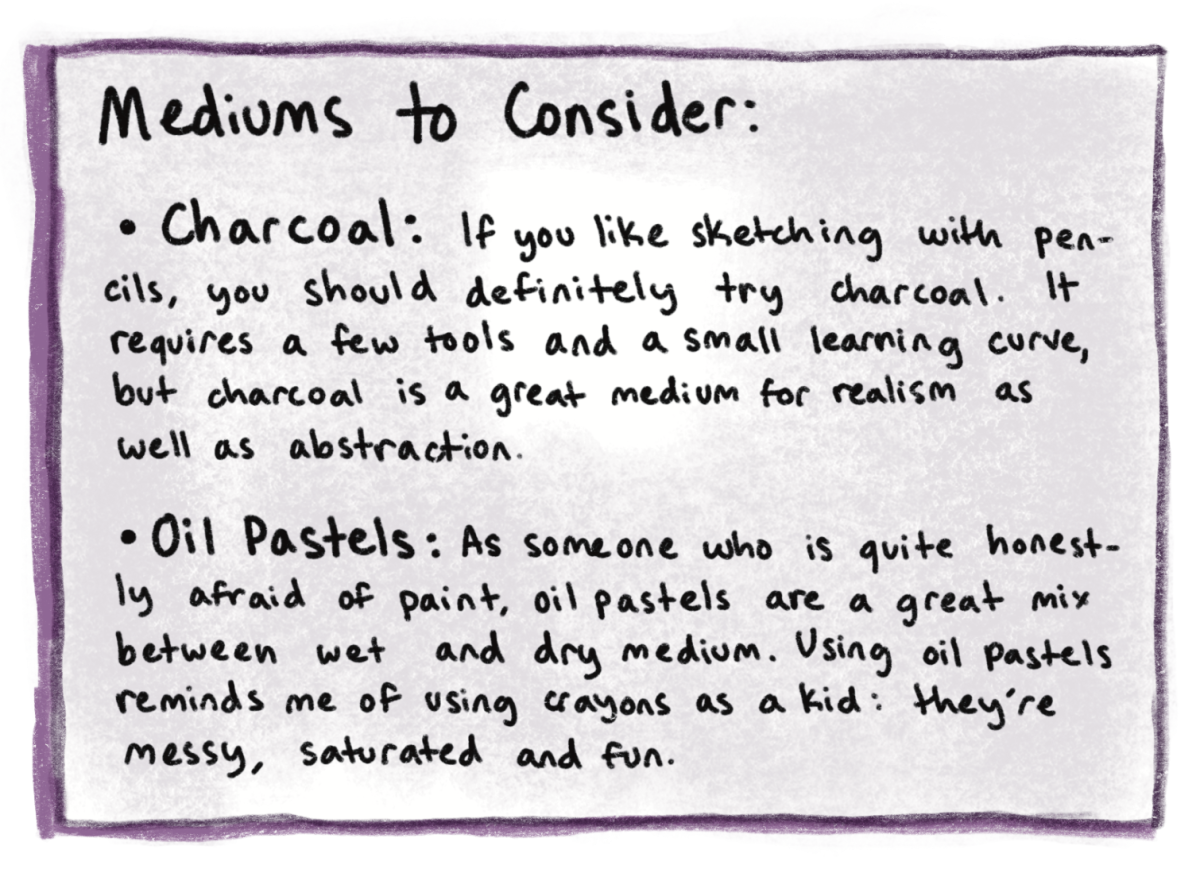For the past two and a half years my English classes have followed the exact same formula: read a novel, discuss chapters or sections in class, craft an essay. Rinse, wash, repeat. You would think after writing 11 essays, 12 analysis paragraphs, nine reading responses and 10 semi-creative works in five semesters, I’d have a good sense of how to express my thoughts through writing. After reading classics such as “Romeo and Juliet,” “The Great Gatsby,” “Light in August,” and “To Kill A Mockingbird,” not to mention a mountain of poetry and a boatload of short stories, I should theoretically be able to describe and imitate some of the greatest techniques of the literary masterminds of the world.
Yet, when I skim my old essays, I don’t see any mention of Harper Lee’s symbolism describing the internal decay of society, or extensive analysis of Faulkner’s eccentric punctuation habits. My essay on “Romeo and Juliet” was about feminism. For both “To Kill A Mockingbird” and “Light in August,” I wrote about innocence, coupled with the effects of racism and misogyny, respectively. Don’t get me wrong, they were good essays about current issues plaguing society. They just didn’t have a whole lot to do with the English language. Instead of teaching students how to craft elegant, thoughtful sentences with a clear message, they are spoon fed basic moral lessons like “lying is bad.”
Students need to debate their views on social issues but not always in English class. Instead, they could learn to avoid tired cliches, craft meaningful similies or metaphors and use devices like foreshadowing effectively.
Literature is a form of art. Just as photographers express themselves through snapshots and painters dabble in watercolors, writers use an assortment of tools to convey a message in a dramatic, lyrical and often breathtaking ways. Like a ceramics instructor showing his students how to throw a pot instead of explaining the different uses of pots in various socioeconomic levels, an English teacher should help his or her pupils learn to form purposeful phrasing in their own individual style. One of the best ways to achieve this is through reading and studying writing and writers, then to write, not always entering into discussions of the underlying social issues.
Compare English classes to foreign language curriculas. Students learn how to best convey their intentions and view examples of a language in foreign culture without dwelling on the social issues within that culture. Ergo, authors’ personal views, while sometimes relevant and occasionally interesting, should not be the focus of an English class. Rather, examining the way writers express those views and using similar techniques should be.
Creating a separate class specifically designed for discussion of social issues such as poverty, the failings of our educational system and race and gender issues would free up English class for time to dedicate to deeper analysis of literary works. While teachers might fear the transformation of ethics class into another dull, required course for students, they shouldn’t. From the discussions I’ve heard, teens are willing to talk about issues they deem important, such as racism, poverty, and government policy. If only we had the time to be so concerned about our writing. #










